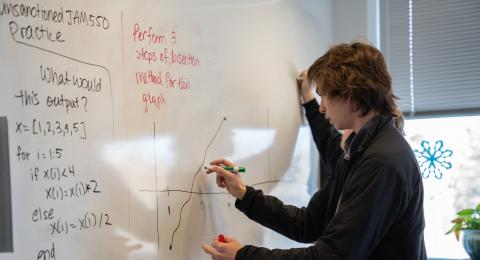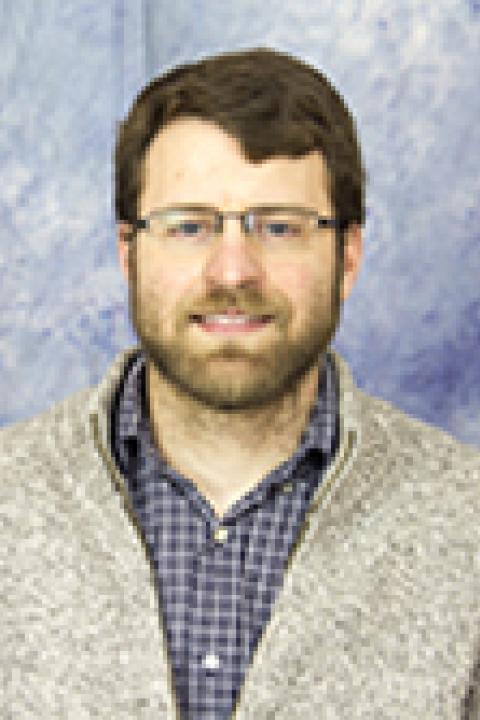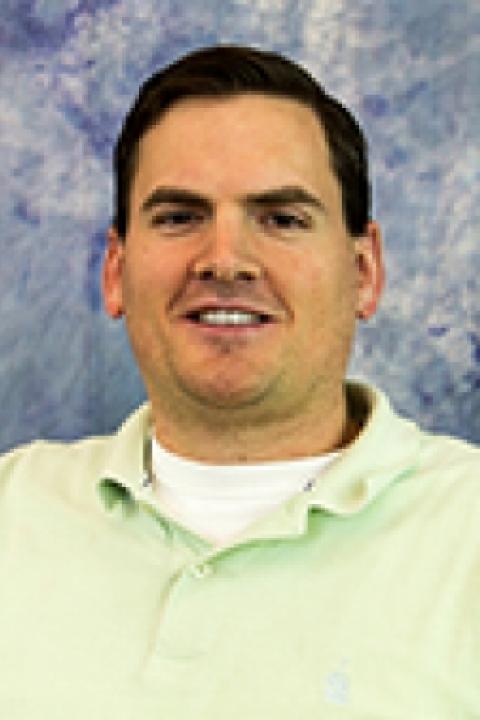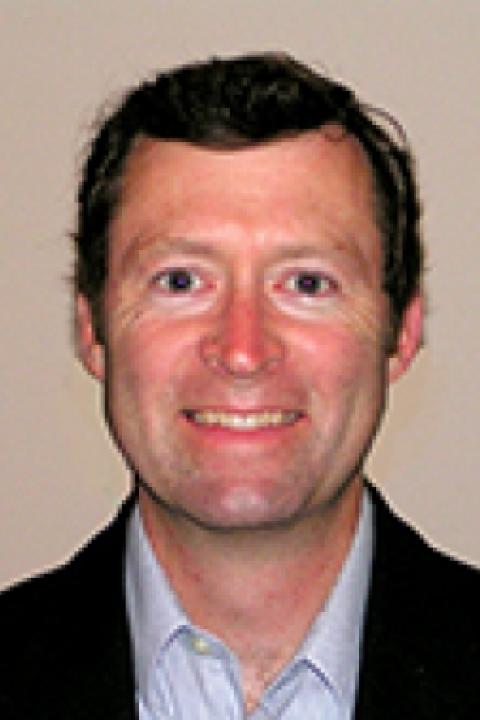The Applied Mathematics degree at UNH offers a dynamic blend of theoretical rigor, practical application, and computational models. Here, you’ll dive into a curriculum designed to equip you with advanced mathematical techniques and methodologies crucial for solving real-world problems across various industries. The program also prepares you for graduate study in Applied Mathematics and related areas. With hands-on experience, personalized mentorship from esteemed faculty, and a history of students winning national fellowships, you'll develop the critical thinking skills and analytical prowess to excel in careers including finance, data analysis, engineering, programming, and more.
What is the bachelor of science degree in applied mathematics?
The applied mathematics degree program combines a strong foundation in mathematics with broad exposure to both theoretical and computational models of physical systems in the natural and social sciences. Students are prepared for a wide range of careers or graduate study in applied mathematics or a related field.
Why study applied mathematics at UNH?
You will work alongside accomplished mathematicians, statisticians and mathematics educators who are professionally active. Upper-level mathematics classes tend to be small, so you’ll enjoy close connections to professors as they delve into the intricacies of advanced ideas. An accelerated master’s program is available in applied mathematics,allowing students to complete their master’s degree early. This department has produced many winners of the prestigious Department of Defense SMART Scholarship.
Potential careers
- Budget analyst
- Computational scientist
- Economist
- Financial services/actuary
- Mathematician/statistician (government/research/academia)
- Mechanical engineer
- Programmer
- Quantitative specialist in business or industry
- Software developer
- Teacher/educator/curriculum supervisor
Curriculum & Requirements
This degree prepares students for careers in science, engineering, and industry by giving students broad exposure to both theoretical and computational models of physical systems in the physical, natural, and social sciences.
Sample Degree Plan
This sample degree plan serves as a general guide; students collaborate with their academic advisor to develop a personalized degree plan to meet their academic goals and program requirements.
| First Year | ||
|---|---|---|
| Fall | Credits | |
| MATH 425 | Calculus I | 4 |
| CS 415 | Introduction to Computer Science I | 4 |
| Discovery Course | 4 | |
| Inquiry Course | 4 | |
| MATH 400 | Freshman Seminar | 1 |
| Credits | 17 | |
| Spring | ||
| MATH 426 | Calculus II | 4 |
| MATH 445 or IAM 550 | Mathematics and Applications with MATLAB or Introduction to Engineering Computing | 4 |
| CS 416 | Introduction to Computer Science II | 4 |
| ENGL 401 | First-Year Writing | 4 |
| Credits | 16 | |
| Second Year | ||
| Fall | ||
| MATH 527 | Differential Equations with Linear Algebra | 4 |
| PHYS 407 | General Physics I | 4 |
| Discovery Course | 4 | |
| Discovery Course | 4 | |
| Credits | 16 | |
| Spring | ||
| MATH 528 | Multidimensional Calculus | 4 |
| MATH 531 | Mathematical Proof | 4 |
| PHYS 408 | General Physics II | 4 |
| Discovery Course | 4 | |
| Credits | 16 | |
| Third Year | ||
| Fall | ||
| MATH 545 or MATH 645 | Introduction to Linear Algebra or Linear Algebra for Applications | 4 |
| MATH 644 | Statistics for Engineers and Scientists | 4 |
| MATH 753 | Introduction to Numerical Methods I | 4 |
| Discovery Course | 4 | |
| Credits | 16 | |
| Spring | ||
| MATH 757 | Mathematical Optimization for Applications | 4 |
| CEPS 700-level elective | 4 | |
| Discovery Course | 4 | |
| Elective | 4 | |
| Credits | 16 | |
| Fourth Year | ||
| Fall | ||
| MATH 745 | Foundations of Applied Mathematics I | 4 |
| Writing Intensive Course | 4 | |
| Elective | 4 | |
| Elective | 4 | |
| Credits | 16 | |
| Spring | ||
| MATH 797 or MATH 798 or MATH 799 | Senior Seminar or Senior Project or Senior Thesis | 4 |
| Writing Intensive Course | 4 | |
| Elective | 4 | |
| Free Elective | 4 | |
| Credits | 16 | |
| Total Credits | 129 | |
Degree Requirements
All Major, Option and Elective Requirements as indicated.
*Major GPA requirements as indicated.
Major Requirements
In all courses used to satisfy the requirements for its major programs, the Department of Mathematics and Statistics requires that a student earn a grade of C- or better and have an overall grade-point average of at least 2.00 in these courses.
| Code | Title | Credits |
|---|---|---|
| Required Courses | ||
| MATH 425 | Calculus I | 4 |
| MATH 426 | Calculus II | 4 |
| MATH 445 | Mathematics and Applications with MATLAB | 4 |
| or IAM 550 | Introduction to Engineering Computing | |
| MATH 527 | Differential Equations with Linear Algebra 1 | 4 |
| MATH 528 | Multidimensional Calculus 1 | 4 |
| MATH 531 | Mathematical Proof | 4 |
| MATH 545 | Introduction to Linear Algebra 2 | 4 |
| or MATH 645 | Linear Algebra for Applications | |
| MATH 644 | Statistics for Engineers and Scientists | 4 |
| MATH 745 | Foundations of Applied Mathematics I | 4 |
| MATH 753 | Introduction to Numerical Methods I | 4 |
| MATH 757 | Mathematical Optimization for Applications | 4 |
| PHYS 407 | General Physics I | 4 |
| PHYS 408 | General Physics II | 4 |
| CS 415 & CS 416 | Introduction to Computer Science I and Introduction to Computer Science II | 8 |
| Capstone | ||
| Select one course from the following: | 4 | |
MATH 797 | Senior Seminar | |
MATH 798 | Senior Project | |
MATH 799 | Senior Thesis | |
| Electives | ||
| Select one (1) approved 700-level CEPS course in consultation with academic advisor | 4 | |
| Select three courses from the following: | 12 | |
MATH 647 | Complex Analysis for Applications | |
or MATH 788 | Complex Analysis | |
MATH 734 | Statistical Computing | |
MATH 738 | Data Mining and Predictive Analytics | |
or CS 750 | Machine Learning | |
MATH 739 | Applied Regression Analysis | |
MATH 747 | Introduction to Nonlinear Dynamics and Chaos | |
MATH 755 | Probability with Applications | |
MATH 767 | One-Dimensional Real Analysis | |
MATH 772 | Combinatorics | |
| Total Credits | 80 | |
- 1
The full Linearity sequence, MATH 525 & MATH 526, may be used to replace the MATH 527, MATH 528, and MATH 545 / MATH 645 requirements.
- 2
MATH 525 may be used to replace the MATH 545 or MATH 645 requirement.
Program Learning Outcomes
- Students recognize common mathematical notations and operations used in mathematics, science and engineering.
- Students can recognize and classify a variety of mathematical models including differential equations, linear and nonlinear systems of algebraic equations, and common probability distributions.
- Students have developed a working knowledge (including notation, terminology, foundational principles of the discipline, and standard mathematical models within the discipline) in at least one discipline outside of mathematics.
- Students are able to extract useful knowledge, both quantitative and qualitative, from mathematical models and can apply that knowledge to the relevant discipline.
Explore Program Details
Those interested in the Applied Mathematics major may also be interested in the following advanced degrees. Students in the program also have the opportunity to participate in the UNH accelerated master’s program.












